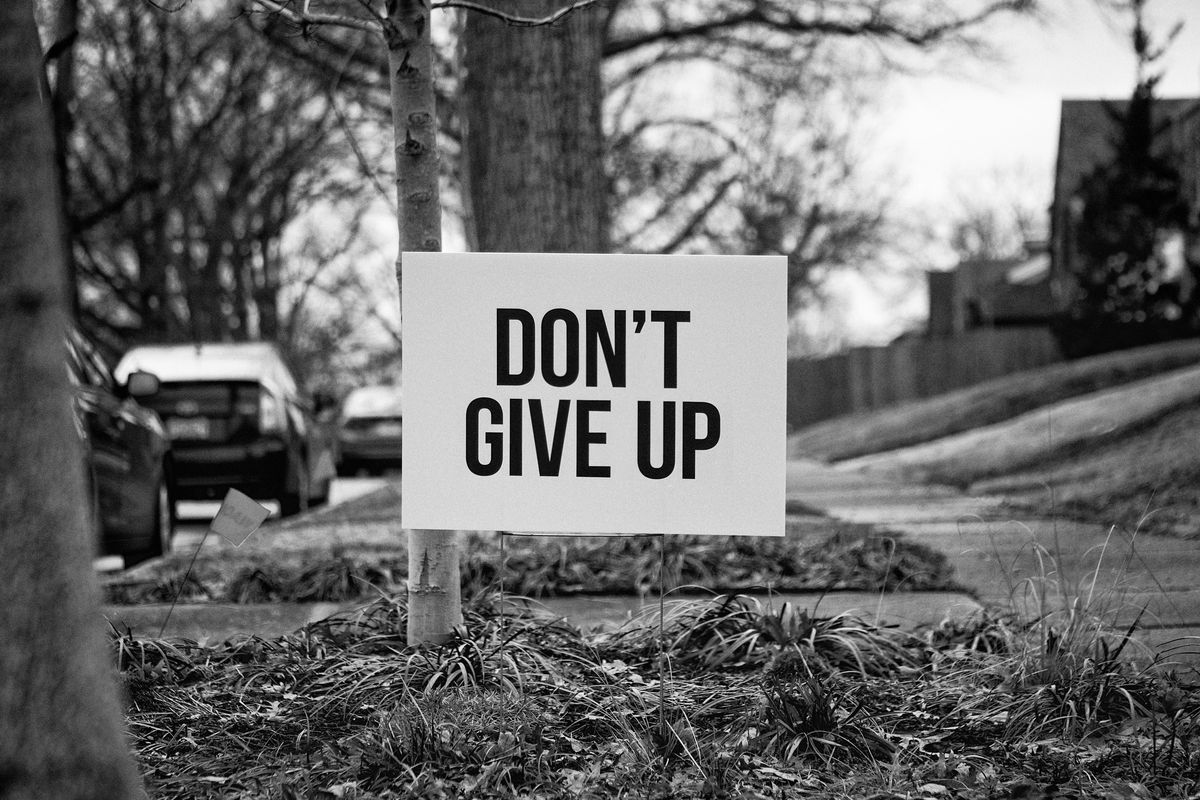
As 2022 approaches, some of us might be remiss in even thinking about new goals for ourselves. Especially after a soured “2020 vision” and a 2021 that came and went in the blink of an eye. Not to mention the new hard look at hustle culture, the collective burnout otherwise known as The Great Resignation … oh, and a seemingly never-ending pandemic.
So yeah, it’s perfectly reasonable that the once hopeful promise of a New Year’s resolution might have lost its shine.
Still, researcher and author Dr. Shane Lopez discusses why holding onto hope remains a crucial skill. And a learnable one as well.
Resolutions might change to reflect different values—perhaps a resolution to find meaningful work versus working harder, for example—but regardless, this take might offer some fresh insight and reinstill some long-lost vigor. At the very least, it might make hope seem a little less delusional.
In his 2013 interview with the University of Minnesota’s Center for Spirituality and Healing and the Life Science Foundation, Dr. Lopez defines hope as “the belief that the future will be better than the present, coupled with the belief that you have the power to make it so.”
He clarifies that where simple optimism or wishful thinking contains only the first belief (a better future), hope has the added aspect of the belief in one’s own agency in the matter.
It’s almost like saying optimism says that a problem can be solved. Hope actively says, “I have the ability to solve this problem.”
Interview with Dr. Shane Lopez
This is in part why hope is the foundation of proper goal-setting. As we set down applicable plans, we strengthen our own agency, thus becoming happier and more productive.
According to Dr. Lopez, “a hopeful student can achieve a letter grade higher that a less hopeful one of equal intellect.”
In many ways, hope and resilience go hand in hand.
Dr. Lopez shares how hopeful people have an innate ability to bounce back after obstacles.
“An obstacle to a hopeful person is an expected challenge,” he says, adding, “then they immediately come up with new and different plans to get around that obstacle.”
Again, hope is a productive state, not a passive one.
Dr. Lopez states that hopeful people are also not shy about reaching out for support or help, to reassess or even reform goals when necessary. His interview indicates that hope is a key trait of problem solvers, not Pollyannas.
How to instill some hope into 2022
Going off of Dr. Lopez’s suggestions, here are ways to become more hopeful (and therefore more happy, productive and resilient, to boot)
Figure out what you’re truly excited about.
We spend a lot of time doing things that we’re not excited about, so when you can find something that does set off a spark, “you’ll receive a flurry of these hopeful thoughts,” says Dr. Lopez. And that enthusiasm in one area can leach into other areas of life as well.
Often, these are the things that give us the most meaning and purpose. Invest heavily in them.
That excitement might not make itself visible right away. And that’s OK. If that’s the case, try following your curiosity instead (Medium has a fantastic article about this). The point is, it has to be something that takes up more real estate than just your head.
Pursue two to three meaningful goals. Not 10-20.
Dr. Lopez shares that many people make this mistake when trying to create change in their life and thus try to pile more on top of an already full, chaotic life. The key ingredients to an achievable goal are specificity, clarity and additive to your life (meaning that it adds something of benefit, rather than taking something away).
I’ve become something of a James Clear brand ambassador these days. He really has the market cornered on achievable goal setting. If you’re not ready to try out his book “Atomic Habits,” he has a lot of great tidbit-sized insight on his Instagram.
Learn by example.
Find the most hopeful person in your life and spend time with them. Dr. Lopez suggests surrounding yourself with these kinds of people will teach you how to come up with multiple plans, overcome setbacks and sustain your energy to avoid burnout. In short, they’ll show you firsthand how it’s done and that it’s possible.
I would add that in this day and age, there’s no shortage of hopeful podcasts, audiobooks—maybe even this website you’re reading from right now—that could help support you.
Whether you decide to make that 2022 vision board or simply want to feel better next year, hope might be the first step.
